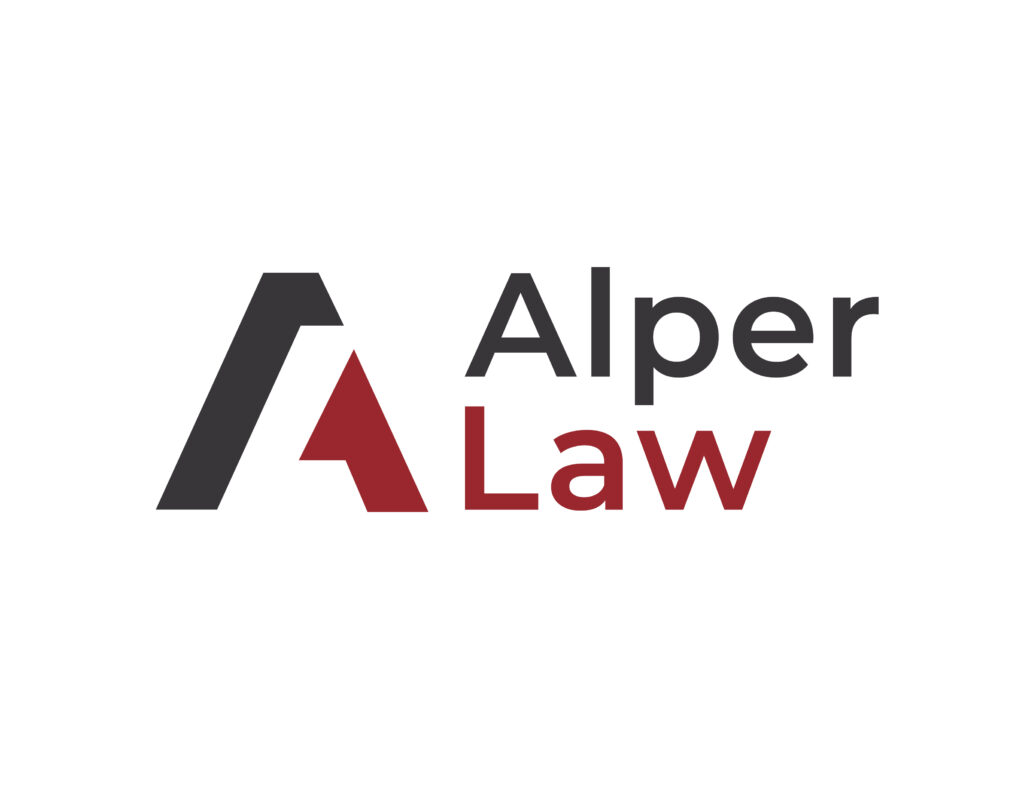What Is Proceedings Supplementary?
Proceedings supplementary is a legal process in Florida that allows a creditor to collect on a judgment when the debtor has not satisfied the court-ordered payment.
When a creditor obtains a judgment and when the debtor fails to pay the judgment, the creditor can initiate proceedings supplementary to discover and potentially seize the debtor’s assets.
This process is one of the most powerful tools a creditor. It is the primary way a creditor can unwind a fraudulent conveyance.
How Proceedings Supplementary Works
To begin proceedings supplementary, the creditor files a motion in the same court where the judgment was issued. The court will require proof that the judgment remains unpaid and that the creditor has made a reasonable effort to collect.
Once the court approves the motion, the creditor can conduct discovery, meaning they can request information about the debtor’s assets, income, and financial transactions.
If the debtor has hidden or fraudulently transferred assets to avoid paying the judgment, the creditor can ask the court to reverse those transfers or get a money judgment against the transferee.
This could involve bringing third parties into the proceedings who may hold or control the debtor’s assets. The court has the authority to order the transfer of these assets to satisfy the judgment.
Why Proceedings Supplementary Is Important
Proceedings supplementary provide creditors with a way to enforce judgments, even when the debtor is uncooperative or attempts to conceal assets. Without this legal tool, debtors could evade paying what they owe, leaving creditors with little recourse.
Florida law recognizes the need for an effective method of judgment enforcement, and proceedings supplementary serve as a powerful means to ensure fairness in the debt collection process.
Effective asset protection planning will be designed to withstand creditor attack through proceedings supplementary.
Avoiding Fraudulent Transfers
One key aspect of proceedings supplementary is addressing fraudulent transfers.
A debtor may attempt to transfer assets to family members or other third parties to avoid paying a judgment. Florida courts can undo these transfers if they are found to be fraudulent. The court will evaluate whether the transfer was made with the intent to hinder the creditor’s ability to collect.
If the transfer is deemed fraudulent, the court can reverse it and require the asset to be returned to the debtor, where it can be used to satisfy the judgment. Or, the court can enter a money judgment against the transferee in favor of the creditor.
This means that transferring your assets to a third party to evade collection is not an effective protection strategy.
Involving Third Parties in the Collection Process
During proceedings supplementary, third parties may be brought into the case if they are in possession of the debtor’s assets.
For example, if a debtor has transferred money or property to a relative or a business partner, that person can be required to appear in court and explain their involvement. The court will investigate whether the third party has any legal claim to the property or if it was transferred solely to avoid paying the creditor.
This process ensures that all relevant parties are considered in the resolution of the debt, preventing the debtor from using others to shield their assets.
Conclusion
Proceedings supplementary are a crucial part of Florida’s legal system, providing creditors with a structured process to collect unpaid judgments.
By allowing creditors to uncover hidden assets, reverse fraudulent transfers, and involve third parties, proceedings supplementary make it difficult for a creditor to simply give away their assets in an effort to protect them. More creative asset protection planning will be needed to withstand creditor attacks.
Sign up for the latest information.
Get regular updates from our blog, where we discuss asset protection techniques and answer common questions.
Please enable JavaScript in your browser to submit the form
Publisher: Source link












